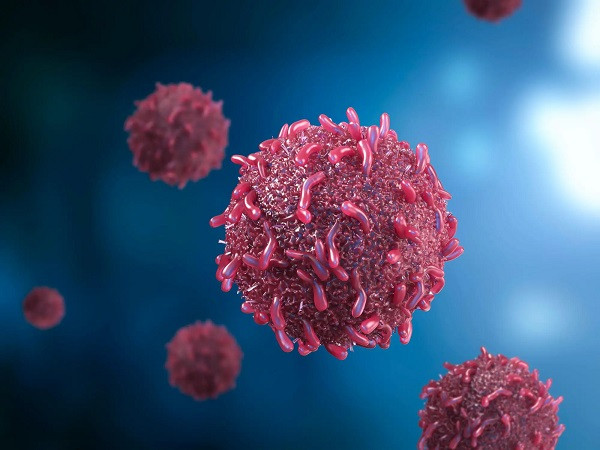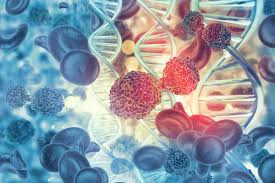Shedding Light on Overlooked Cancer Risk Factors

IIE Digital Desk : In a comprehensive exploration of cancer risk factors, medical experts have highlighted several often underestimated factors that contribute to the development of this widespread disease. Their insights provide valuable information for understanding and addressing the risk factors associated with cancer. Here is a detailed breakdown of the lesser-known risk factors identified by doctors:
Identifying Underestimated Risk Factors
Medical professionals have identified several risk factors for cancer that are commonly overlooked or underestimated. By examining various studies and patient cases, they have shed light on these lesser-known contributors to the development of cancer. Recognizing and addressing these factors can aid in prevention, early detection, and effective management of cancer.
The Role of Lifestyle Choices
Doctors emphasize that lifestyle choices play a significant role in cancer risk. Factors such as tobacco and alcohol use, poor diet, lack of physical activity, and exposure to harmful substances can all contribute to an increased likelihood of developing cancer. Promoting healthy lifestyle habits and raising awareness about their impact on cancer risk are essential preventive measures.
Environmental Exposures
Exposure to certain environmental factors can have a substantial impact on cancer risk. These factors include air pollution, hazardous chemicals, radiation, and occupational exposures. Understanding and minimizing exposure to these environmental hazards can significantly reduce the risk of developing cancer.

Infections and Viruses
Certain infections and viruses have been linked to the development of various types of cancer. Examples include human papillomavirus (HPV) and cervical cancer, hepatitis B and C viruses and liver cancer, Helicobacter pylori and stomach cancer, and Epstein-Barr virus and certain lymphomas. Vaccination, regular screenings, and appropriate medical interventions can help prevent or detect these infections and reduce cancer risk.
Genetic Predisposition
While genetics can contribute to cancer risk, medical experts stress that the influence of inherited factors is often overestimated. Most cancers are not solely caused by genetic predisposition but are influenced by a combination of genetic and environmental factors. Understanding family medical history and genetic counseling can provide valuable insights into an individual's cancer risk.
Empowering Individuals with Knowledge
By highlighting these often underestimated risk factors, medical professionals aim to empower individuals with knowledge about the preventable aspects of cancer. Raising awareness, promoting healthy lifestyles, advocating for environmental protection, and facilitating early screenings and vaccinations are vital steps in reducing cancer risk and improving overall public health.
It is crucial for individuals to be proactive in understanding and addressing these lesser-known risk factors. By incorporating preventive measures, making informed choices, and seeking medical guidance, it is possible to reduce the incidence and impact of cancer in society.
You might also like!















